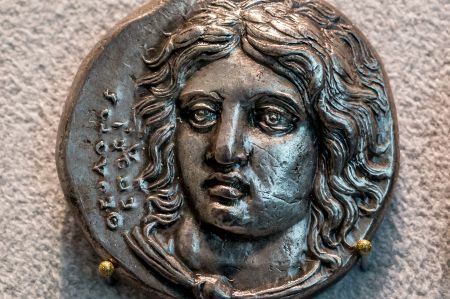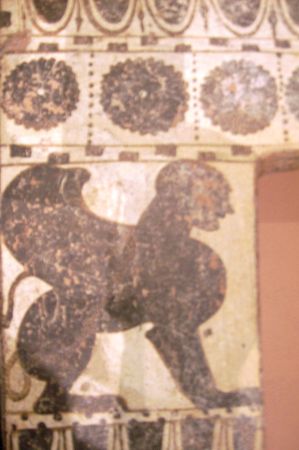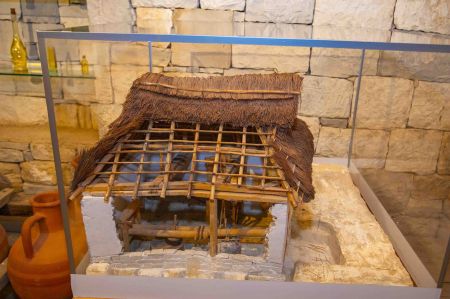Heracleides of Klazomenai
- Written by Portal Editor
Born and raised in Klazomenai, Heracleides (exact biographical dates are not known) probably came to Susa as an interpreter or doctor at the beginning of the reign of the Persian great king Darius II as part of an Athenian delegation for peace negotiations after the lost war at his court.
After a short time, Heracleides was able to work out a position of trust at court, including that of King Darius II, so that he was involved in all negotiations between the Persian king and the Athenian delegation. Under the direction of the nobleman Epilykos from Athens, Heracleides was able to support the negotiations so successfully that he now returned to Athens, highly respected by the people.
Klazomenai birthplace of famous people

Klazomenai was founded in 654 BC. Founded by Ionians starting from Colophon. In the 5th century B.C. for better protection, the site was moved to an island off the coast, which was later connected to the mainland by a dam. A ridge named after the Mimas separated the city from Erythrai. Klazomenai was the birthplace of the pre-Socratic Anaxagoras (499-428 BC), best known for his work On Nature, and of the sophist Skopelianos, who lived at the end of the 1st century AD. The Roman procurator Gessius Florus was also born here.
Among other things, excavations brought to light Attic pottery and the so-called kore of Klazomenai, the torso of a female statue. The city's potters produced the so-called Klazomenian sarcophagi, painted clay sarcophagi, which were also exported.
Restoration of the democratic constitution

It was thanks to his activities that he subsequently received Athenian citizenship in 403 BC, even enjoyed a high reputation as a privileged protected citizen in Athens and was able to hold other state offices. Since he himself liked to boast about his successes in conducting negotiations with the Persians, he was also popularly nicknamed "Basileus", which means king. As a meke, as the privileged patron saints were also called, Heraclothes had a number of special rights.
Plato had mentioned Heracleides in his dialogue "Ion".
As was customary at the time, the granting of citizenship to Heracleides was engraved on stone found during excavations in Athens in the early 19th century. Therefore, and from written records, especially those of Plato, these facts are known. Plato had mentioned Heracleides in his dialogue "Ion", in which Socrates lectures the skeptical rhapsod Ion about how important the knowledge and skill of some foreigners is for Athens and that foreigners should therefore take on important functions in the city's management. In addition to Herakledes, Apollodoros, the Cycikener, is also mentioned, who served as commander of Athens. Phanosthenes is also mentioned, who, like Herakledes, held important public offices in Athens.
More than 2,000 years ago, the topic of migration and integration was a daily topic that kept people busy. And as the example shows, it was well known what advantages the use of new ideas and thoughts could bring to the benefit of all citizens if they were successfully integrated and accepted into the community. Much can be learned from history.
Please read as well:
